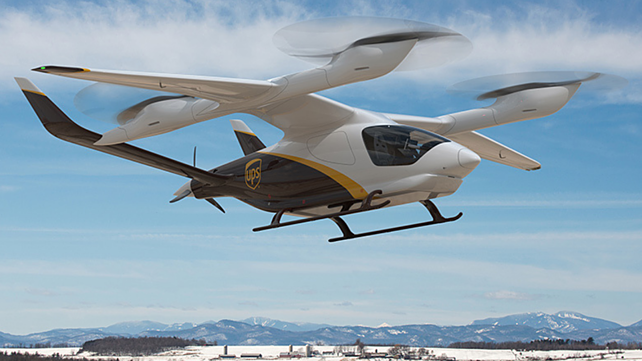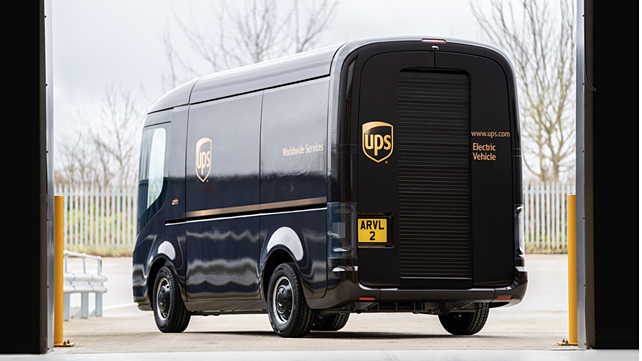
Global leader in logistics, UPS will acquire electric Vertical Takeoff And Landing (eVTOL) aircraft in keeping with its plans to deploy advanced technology for transporting packages and freight. The Atlanta headquartered firm will purchase the eVTOL aircraft from Beta Technologies (BETA) through its UPS Flight Forward subsidiary.
Delivery of the first ten BETA eVTOL aircraft to UPS Flight Forward will start 2024, and it has options for 140 more, taking the total to 150 aircrafts. BETA’s eVTOL aircraft will have a 700 kg cargo capacity, an operating range of 400 km and most importantly, zero operating emissions. BETA’s recharging station will allow the eVTOL aircraft to be charged in under one hour.
Sustainable Play
UPS has been hard at developing an innovation-driven strategy aimed at identifying new ways to provide sustainable solutions for small businesses. “This is all about innovation with a focus on returns for our business, our customers and the environment,” said Juan Perez, UPS chief information and engineering officer. “These new aircraft will create operational efficiencies in our business, open possibilities for new services and serve as a foundation for future solutions to reduce the emissions profile of our air and ground operation.”
Advantages Aplenty
eVTOL aircraft will provide UPS with the unique capability of take-off and landing from its properties, which will be especially useful when moving smaller loads. At present UPS either flies its smaller loads to and from airports on small feeder aircraft or moves them by ground which takes longer.
The one hour charge time will allow faster cargo loading and unloading and BETA’s recharging stations will also offer a second life for aircraft batteries. Once the batteries’ first lifecycle in the aircraft is over, they will be reused at the recharging stations to recharge the aircraft’s onboard batteries as well as UPS’ fleet of electric ground vehicles.

Eye On The Future
UPS also made a minority investment in January 2020 in UK-based electric vehicle (EV) platforms and purpose-built vehicles maker Arrival and a commitment to purchase 10,000 purpose-built electric delivery vehicles that it plans to deploy in Europe and North America. UPS and Arrival have collaborated to develop concepts of different vehicles sizes since 2016 and are also working together to develop a wide range of electric vehicles with Advanced Driver-Assistance Systems (ADAS).